
There’s one essential step in the homebuying process you may not know a whole lot about, and that’s pre-approval. Here’s a rundown on what it is and why it’s so important to take care of before you start looking at homes with your RE/MAX® agent.
What Is Pre-Approval?
Pre-approval is like getting the green light from a lender. It gives you a sense of how much they’re willing to let you borrow for your home loan. To determine that number, a lender starts by looking at your financial history. Here are some of the documents they may ask you for during this process:
- W-2s and tax returns
- Pay stubs and bank statements
- Investment account statements (if applicable)
- History of where you’ve lived
The result? They’ll assess your financial situation, and you’ll get a pre-approval letter showing what you can borrow. Keep in mind, any changes to your finances can affect your pre-approval status. So, after you receive your letter, avoid switching jobs, applying for new credit cards or other loans, co-signing for loans, or taking money from your savings.
How It Helps You Determine Your Borrowing Power
This year, home prices are expected to rise moderately in most markets, and mortgage rates are stabilizing, but still volatile. And since affordability continues to be tight, it’s a good idea to talk to a lender about your home loan options and how today’s changing mortgage rates will impact your monthly payment.
The pre-approval process is the perfect time for that discussion. Since it determines the maximum amount you can borrow, pre-approval also helps you figure out your budget. And keep in mind, you may get approved for more than you feel comfortable borrowing, so use this time to decide what you can afford in your monthly mortgage payment as you factor in taxes, insurance, and other costs you will incur as a homeowner. Once you know what works for you financially, partner with your RE/MAX® agent to tailor your search to homes that match your budget. That way, you don’t fall in love with a house that’s realistically outside of your comfort zone.
How It Helps You Stand Out
Once you find a home you want to put an offer on, pre-approval has another big perk. It not only makes your offer stronger, it shows sellers you’ve already undergone a credit and financial check. So, when a seller sees you’re pre-approved, they view you as a much more serious buyer and may be more attracted to your offer because it is more likely to go through. And for a seller who is ready to close a deal, an offer that’s backed by pre-approval makes a big difference.
As Greg McBride, Chief Financial Analyst at Bankrate, says:
“Preapproval carries more weight because it means lenders have actually done more than a cursory review of your credit and your finances, but have instead reviewed your pay stubs, tax returns and bank statements. A preapproval means you’ve cleared the hurdles necessary to be approved for a mortgage up to a certain dollar amount.”
Bottom Line
If you’re planning on buying a home, getting pre-approved for a mortgage should be one of the first things on your to-do list. Not only will it give you a better understanding of your borrowing power, it’ll put you in the best position possible to make a strong offer when you find a home you love.
Do you know what else you need to do to make sure you’re ready to buy? Reach out, and I’ll make sure you don’t skip any of the key homebuying steps.

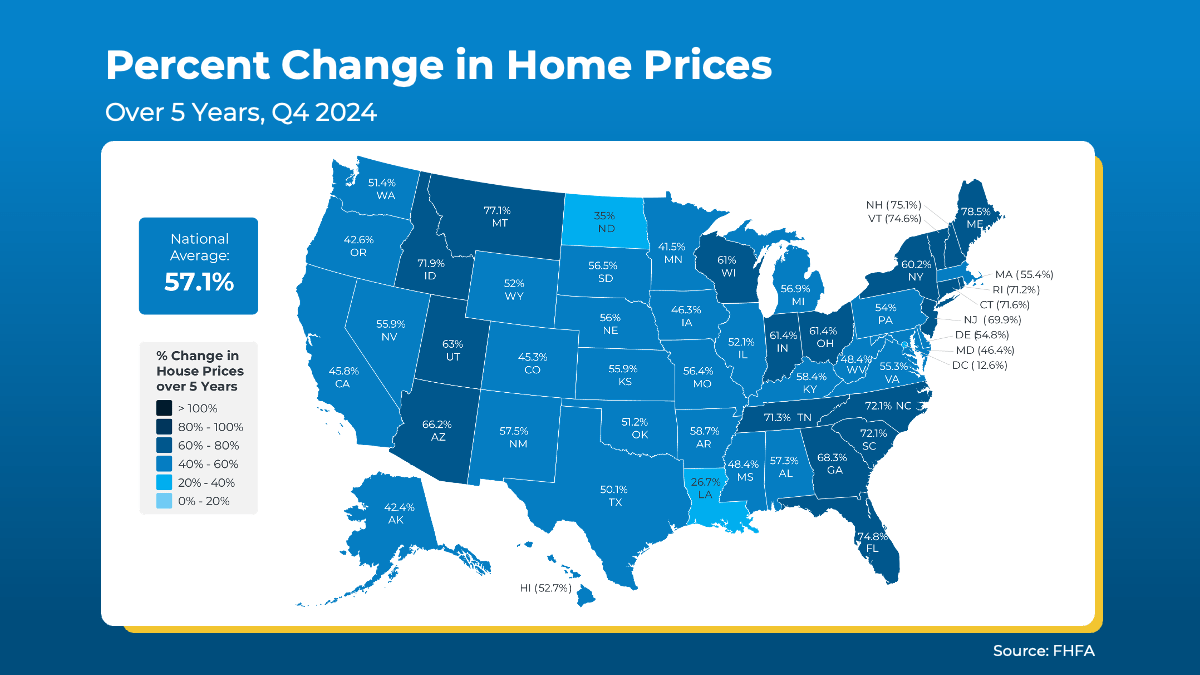 This appreciation means your house is likely worth much more now than when you first bought it.
This appreciation means your house is likely worth much more now than when you first bought it.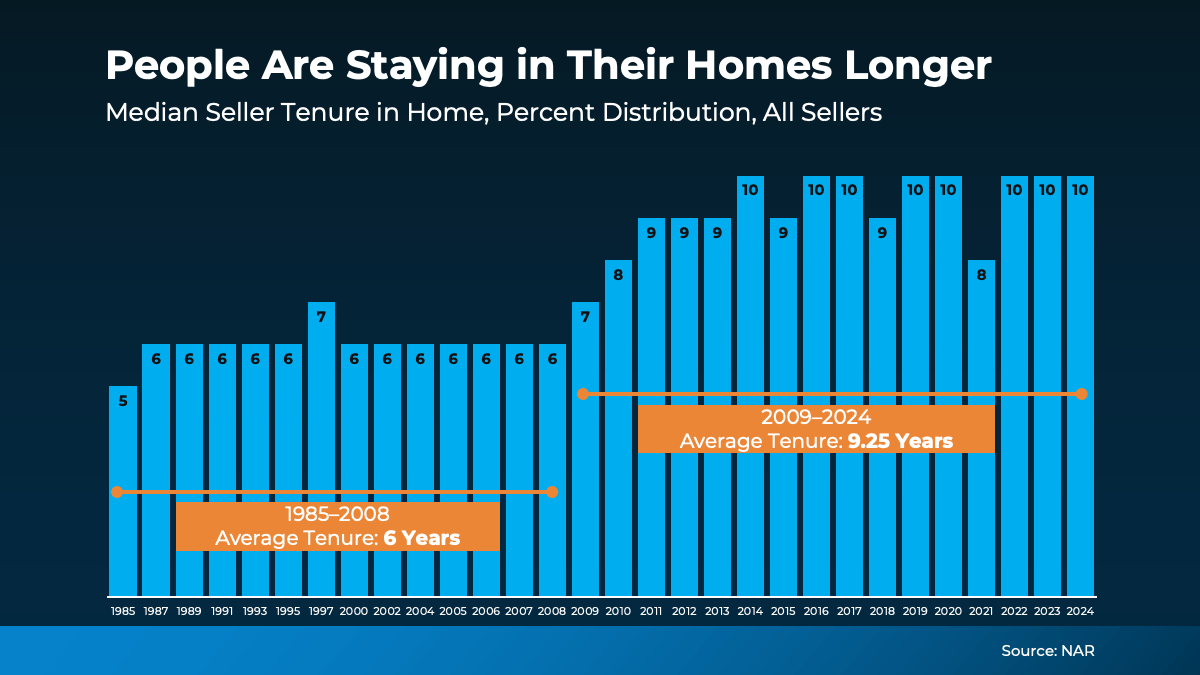 This increase means homeowners are benefiting even more from home values growing over time as they’re paying down their mortgages. That’s because the longer someone lives in their house, the more that home value grows, which directly increases equity.
This increase means homeowners are benefiting even more from home values growing over time as they’re paying down their mortgages. That’s because the longer someone lives in their house, the more that home value grows, which directly increases equity.
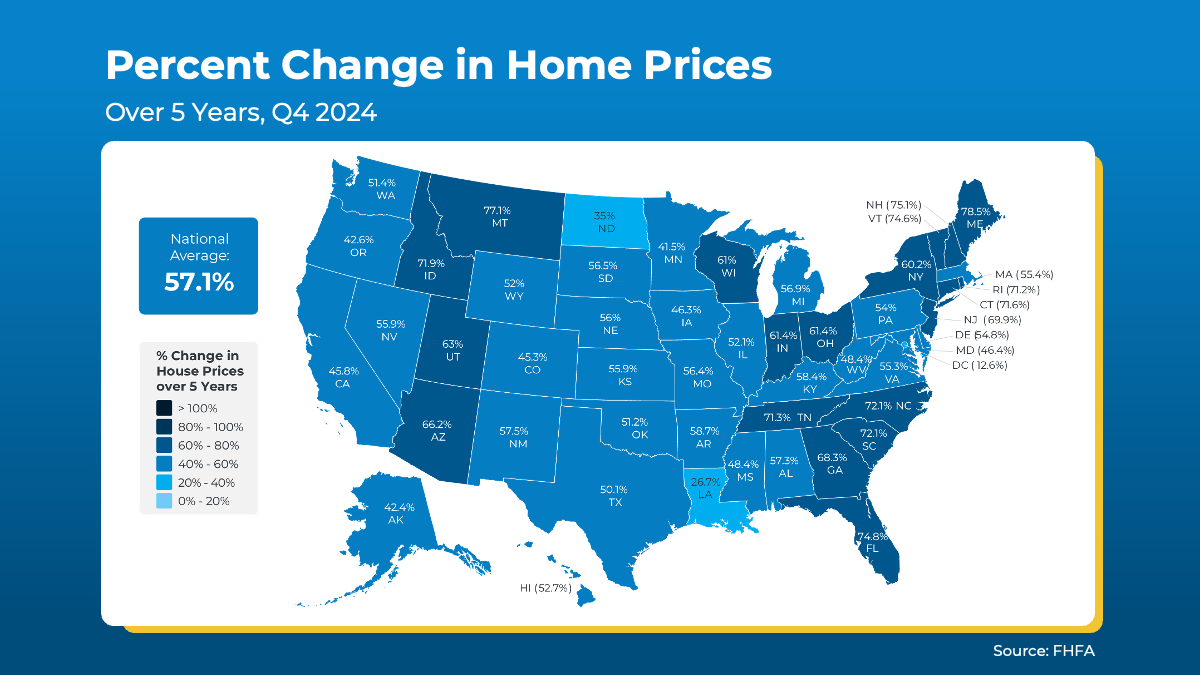 But remember, rate projections will continue to shift as new information becomes available. Expert forecasts are based on what they know right now. If there’s increasing uncertainty around inflation, employment, government policies, or other key economic drivers, mortgage rates will move. So, don’t get caught up in the exact numbers or try to time the market. Instead, focus on the fact that a bit more stability in rates isn’t a bad thing – and even a small change can help your bottom line.
But remember, rate projections will continue to shift as new information becomes available. Expert forecasts are based on what they know right now. If there’s increasing uncertainty around inflation, employment, government policies, or other key economic drivers, mortgage rates will move. So, don’t get caught up in the exact numbers or try to time the market. Instead, focus on the fact that a bit more stability in rates isn’t a bad thing – and even a small change can help your bottom line. 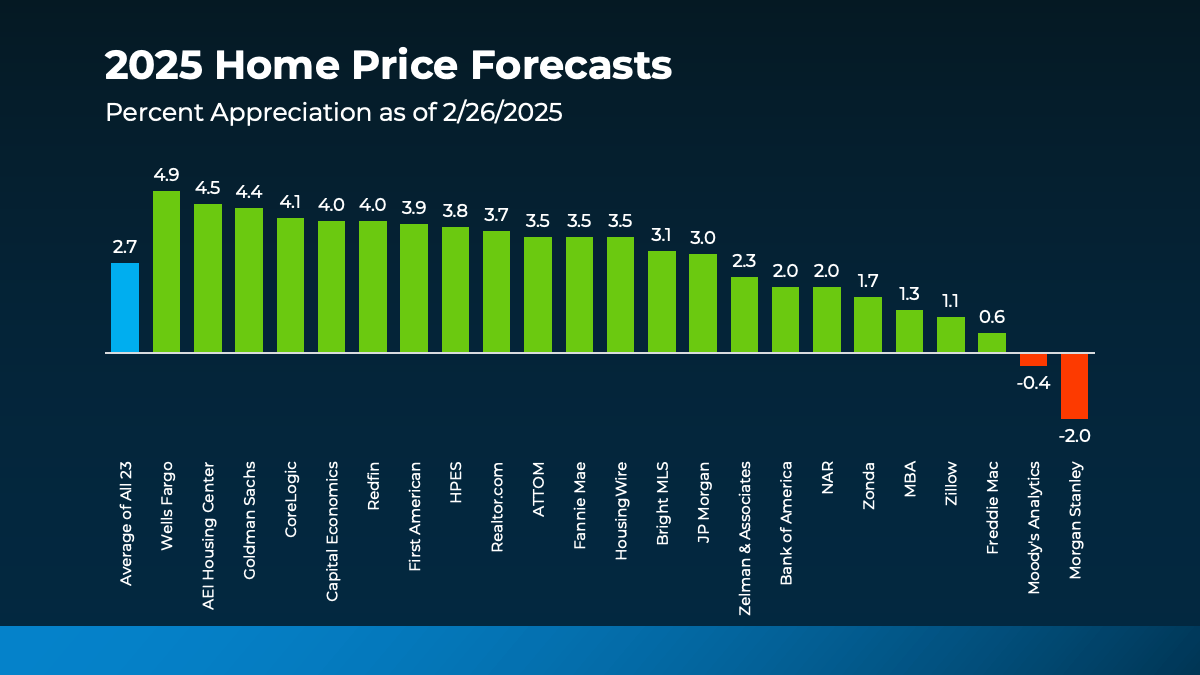 So, don’t expect a sudden drop that’ll score you a big deal if you’re thinking of buying this year. While that may sound disappointing if you’re hoping prices will come down, refocus on this. It means you won’t have to deal with the steep increases the market felt in recent years, and you’ll also likely see any home you do buy go up in value after you get the keys in hand. And that’s a good thing.
So, don’t expect a sudden drop that’ll score you a big deal if you’re thinking of buying this year. While that may sound disappointing if you’re hoping prices will come down, refocus on this. It means you won’t have to deal with the steep increases the market felt in recent years, and you’ll also likely see any home you do buy go up in value after you get the keys in hand. And that’s a good thing.

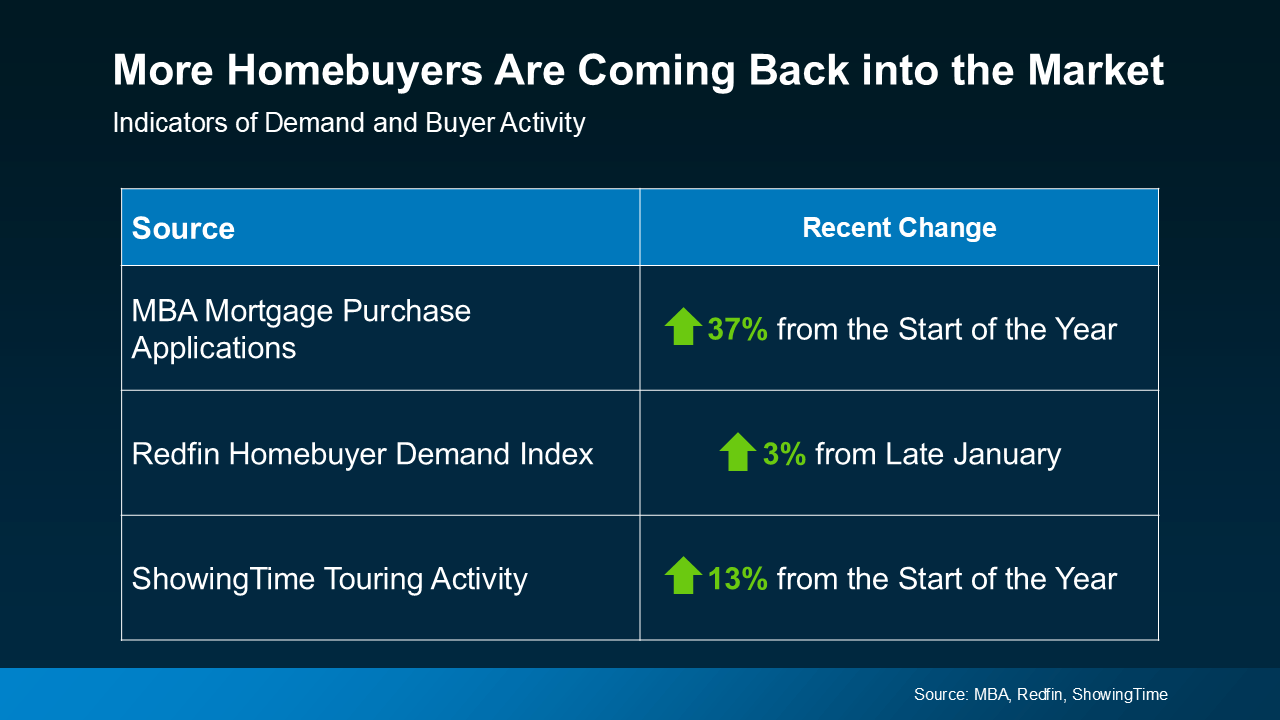
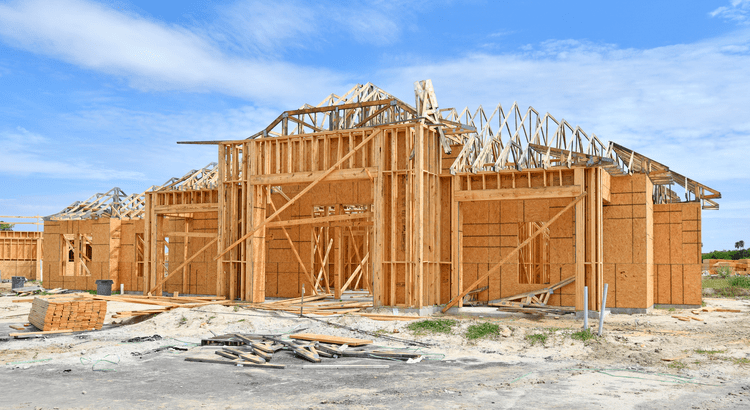
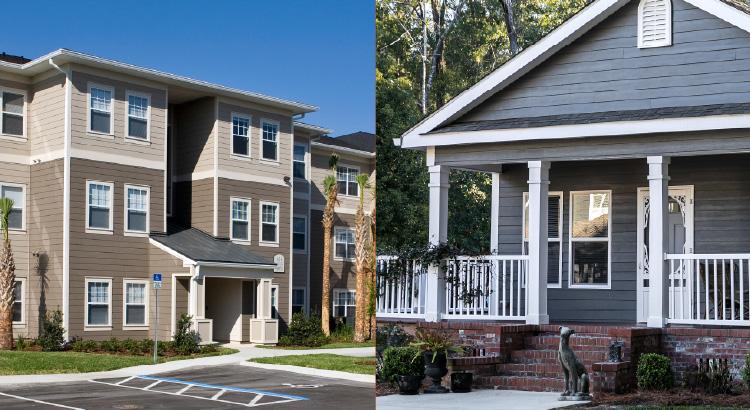


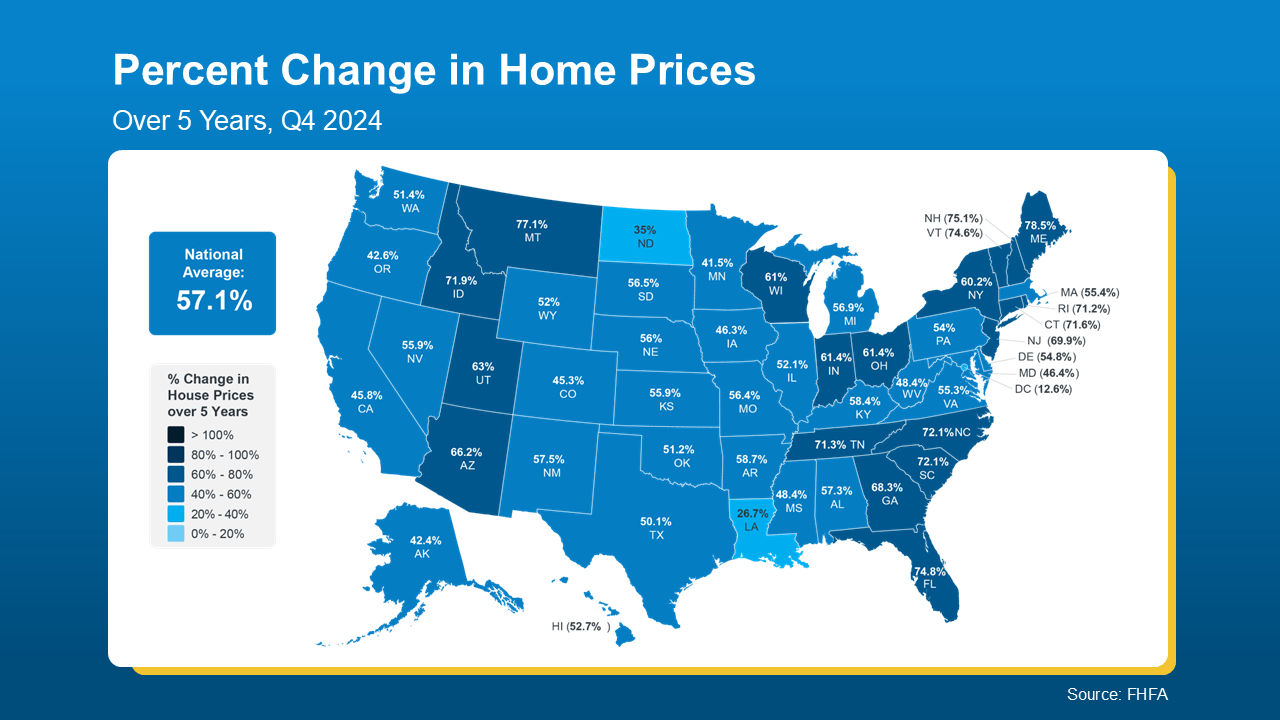 If you’ve been holding off on selling because you were worried about buying your next home at today’s rates and prices, let that sink in. It may be more than enough to help close the affordability gap and get you into your next house.
If you’ve been holding off on selling because you were worried about buying your next home at today’s rates and prices, let that sink in. It may be more than enough to help close the affordability gap and get you into your next house.
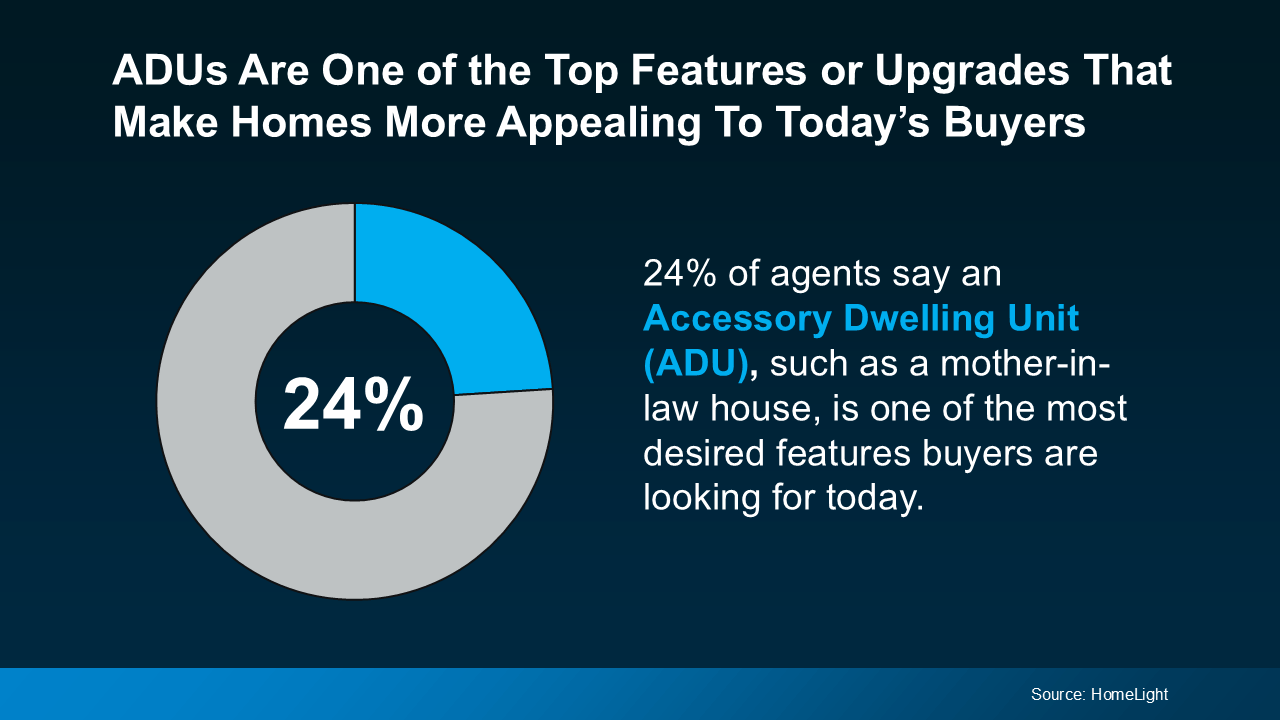 The growing appeal makes sense. With rising costs all around you, an ADU can help supplement your income and ease some of the strain on your wallet. Whether you buy a home that has one already or you add one on, it gives you the option to rent out that portion of your home to help pay your mortgage.
The growing appeal makes sense. With rising costs all around you, an ADU can help supplement your income and ease some of the strain on your wallet. Whether you buy a home that has one already or you add one on, it gives you the option to rent out that portion of your home to help pay your mortgage.
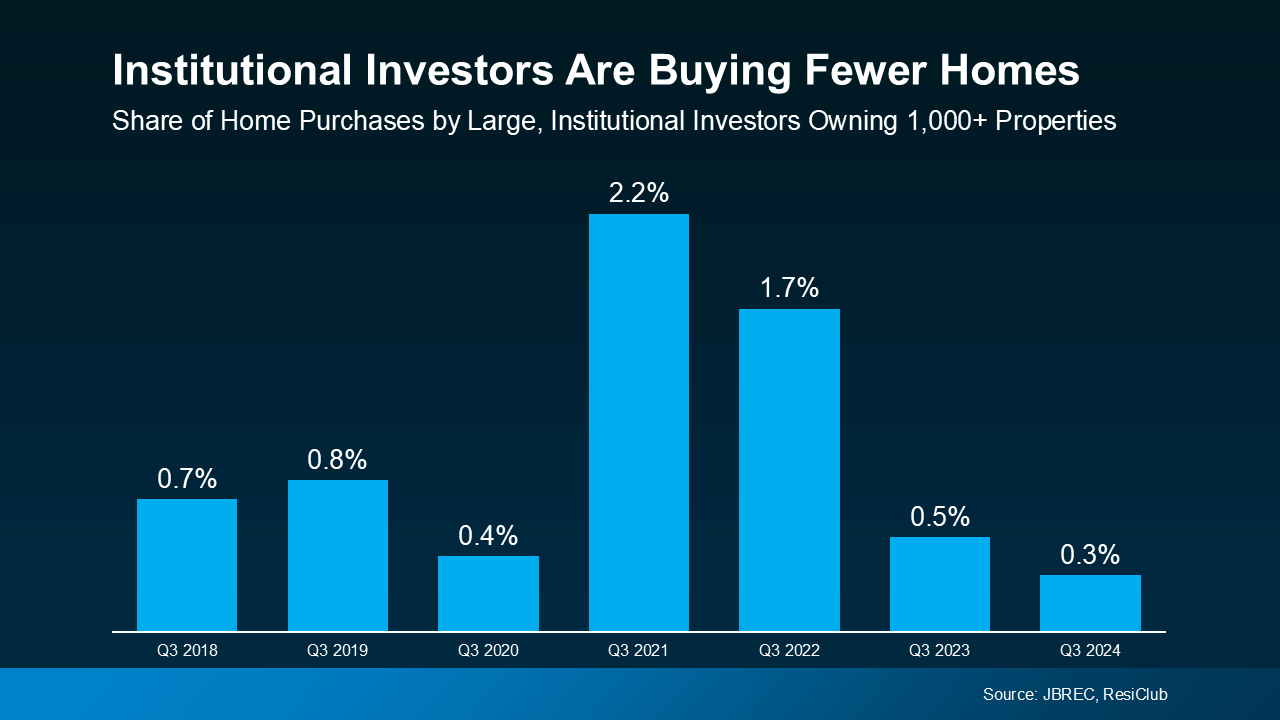 That’s a major shift, and it means far fewer investors are competing in the market now than just a few years ago.
That’s a major shift, and it means far fewer investors are competing in the market now than just a few years ago.